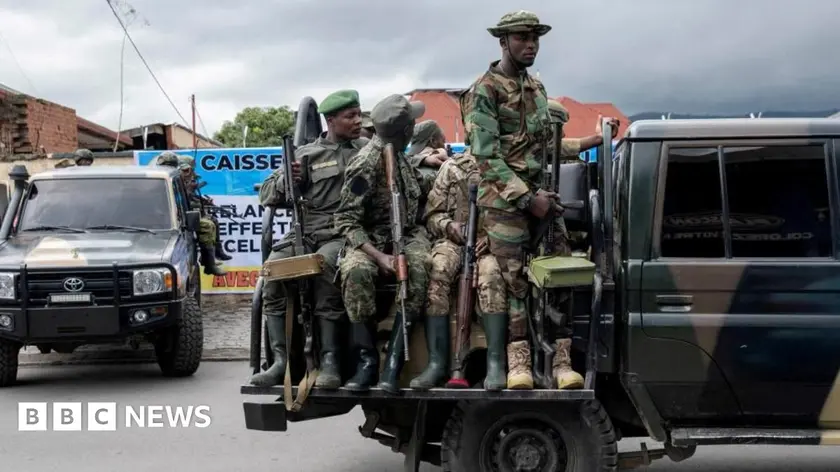T4K3.news
Caucasus peace deal signed
Armenia and Azerbaijan sign a US brokered peace agreement ending decades of conflict at the White House.
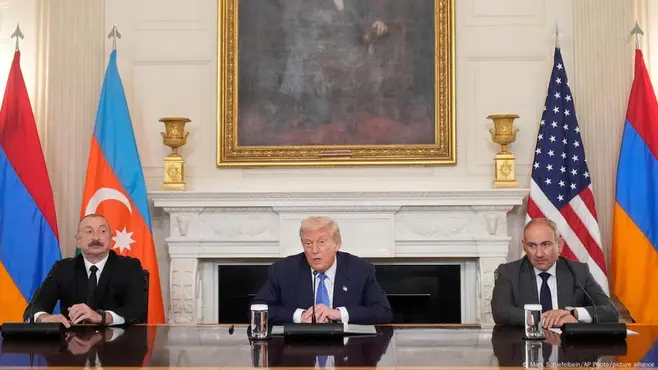
Armenia and Azerbaijan sign a landmark peace agreement at the White House under US mediation, ending decades of conflict over Nagorno Karabakh.
Caucasus peace deal seals US mediated pact
Armenia's Prime Minister Nikol Pashinyan and Azerbaijan's President Ilham Aliyev signed a peace agreement at the White House in the presence of US President Donald Trump, signaling a potential end to nearly four decades of tensions over Nagorno Karabakh. A central element of the deal is a trade and transit corridor through the South Caucasus, connecting Azerbaijan with its Nakhchivan exclave, with the United States granting exclusive development rights to the route. The countries pledged to stop fighting, establish diplomatic relations, and respect each other's territorial integrity. The exact wording has not been released, leaving questions about governance, border arrangements, and how the corridor will operate in practice. Observers note Russia's waning influence in the region, even as Moscow remains a regional actor. The plan also involves dissolving the Minsk Group mediation framework, a shift long sought by Washington and its allies.
Key Takeaways
"Today we are writing a great new history"
Aliyev remarks at the White House
"opening a chapter of peace"
Pashinyan on the deal
"it's a long time 35 years they fought and now they're friends and they're going to be friends for a long time"
Trump on the agreement
The accord marks a shift in regional dynamics, with Washington seeking a more direct role in shaping security and energy flows in the South Caucasus. By attaching exclusive development rights to a strategic corridor, the United States signals a tangible stake in the region’s future, even as it risks entangling itself in local grievances and rivalries. The lack of a released text raises the risk that implementation could hinge on political compromises that later become flashpoints.
Beyond the symbolism, the deal tests the capacity of diplomacy to translate signed papers into steady, on-the-ground progress. Domestic politics in Armenia and Azerbaijan will test public tolerance for concessions, while neighboring powers like Russia and Turkey will watch closely to assess their own leverage. The Nobel Prize chatter surrounding Trump adds a political layer, turning high-stakes diplomacy into a public narrative that can shape domestic approval and future policy choices.
Highlights
- Peace is not a prize it is a starting line
- This moment changes the region’s narrative
- Diplomacy with a headline that matters for the continent
Political sensitivity around peace deal and regional stability
The agreement alters regional dynamics, touches sovereignty questions, and could provoke backlash at home in Armenia and Azerbaijan or among rival regional powers. The lack of a released text amplifies uncertainty about implementation and governance.
The test now is follow-through, not applause in the White House lawn.
Enjoyed this? Let your friends know!
Related News
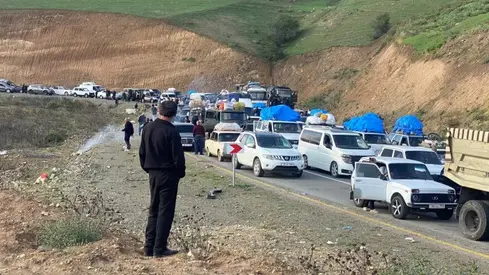
Trump Route linked to Caucasus peace talks
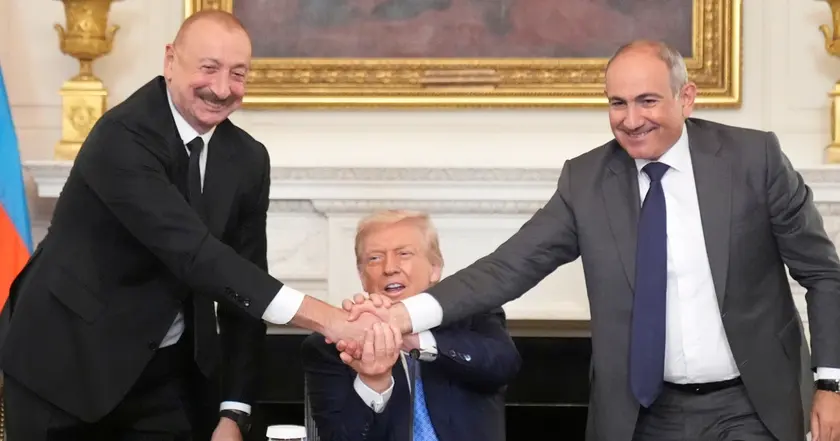
Peace deal signed at White House
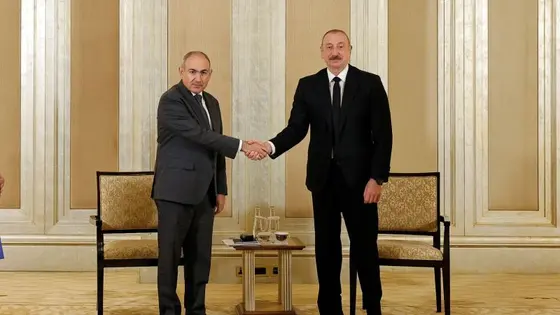
Trump pushes Armenia and Azerbaijan peace pact with US transit corridor
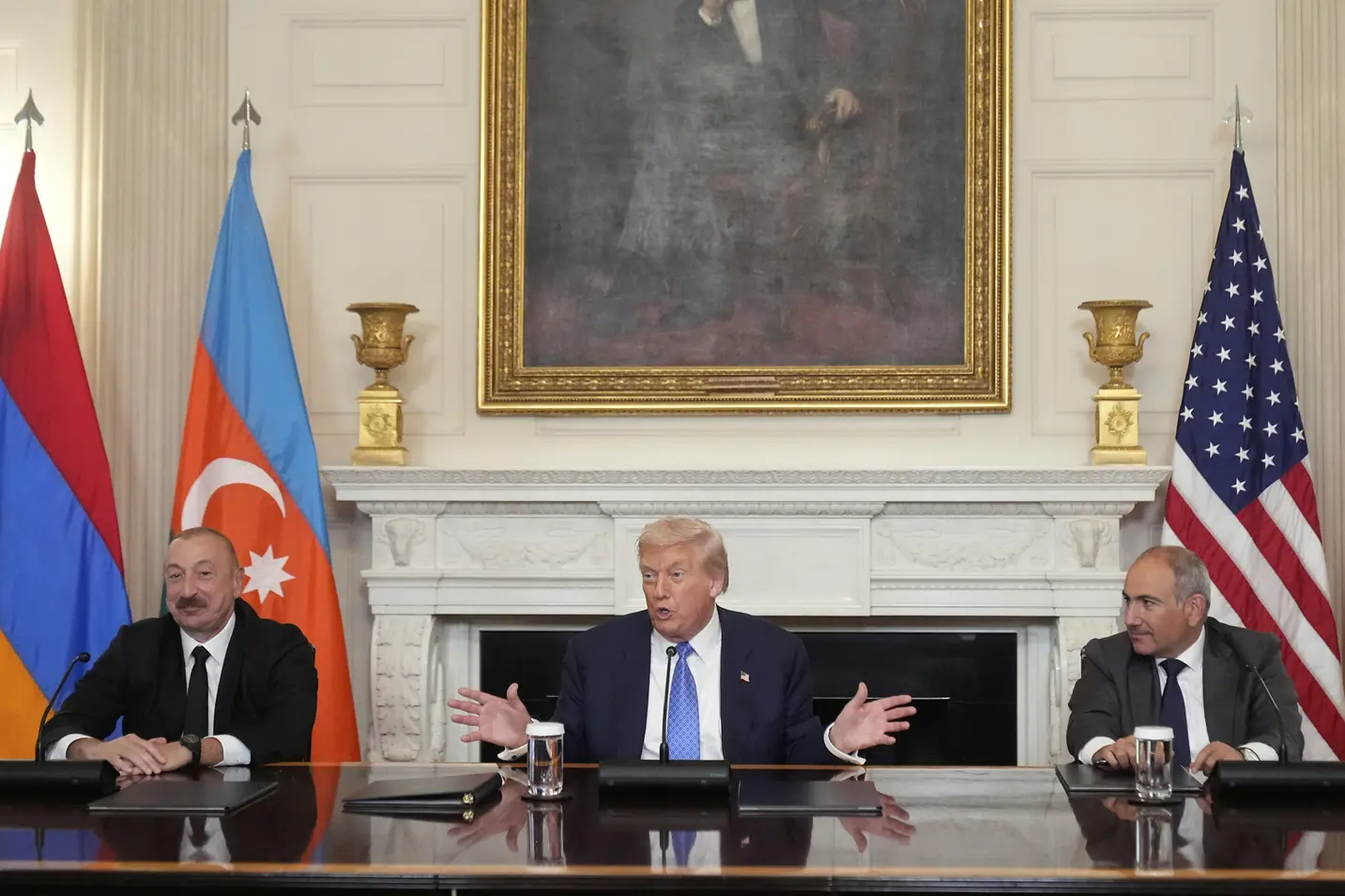
Iran threatens Trump corridor in peace deal
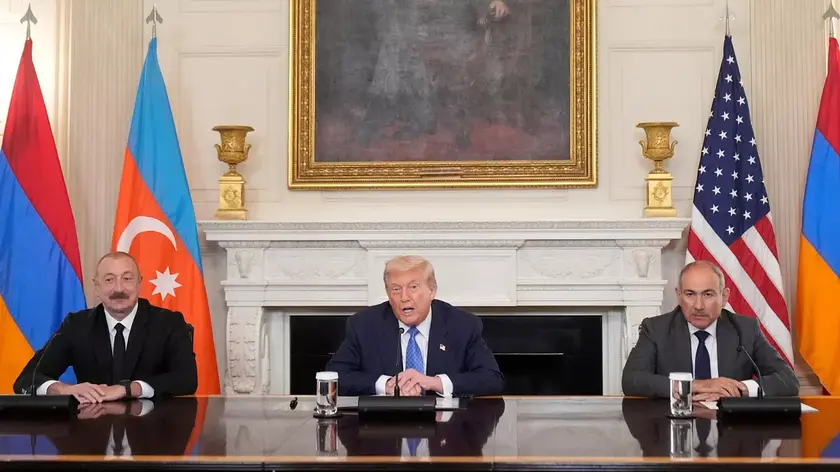
Peace agreement signed in Washington
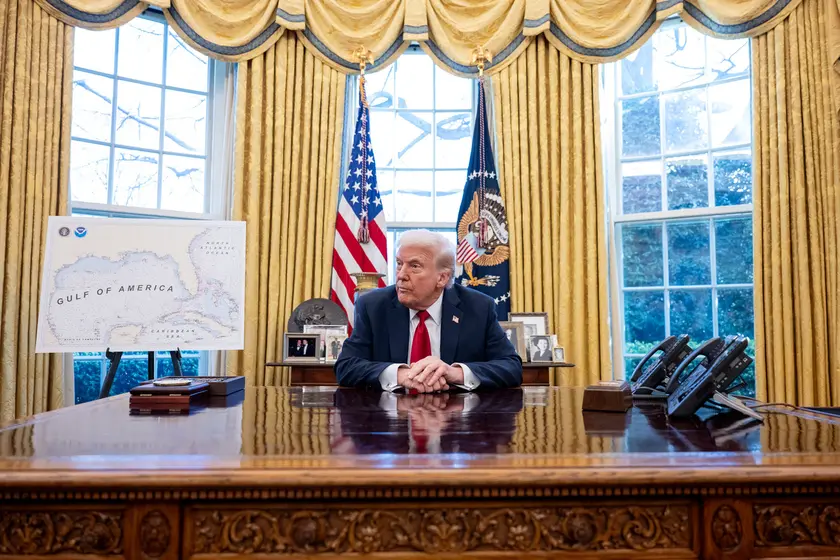
Historic Peace Summit Held for Armenia and Azerbaijan
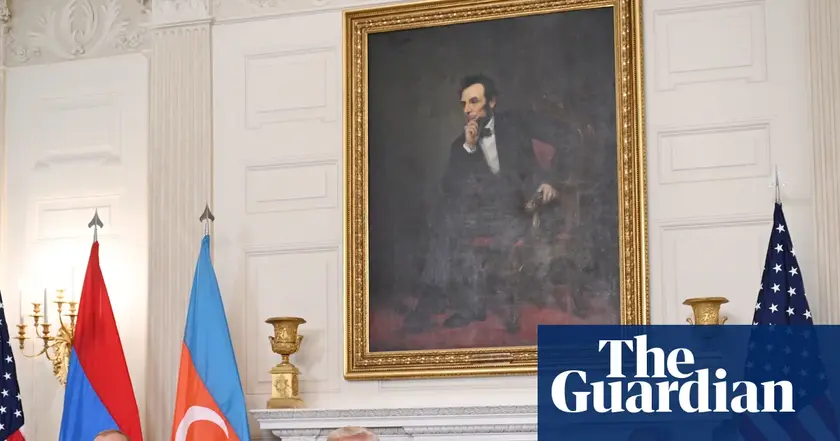
US corridor reshapes regional influence in Caucasus
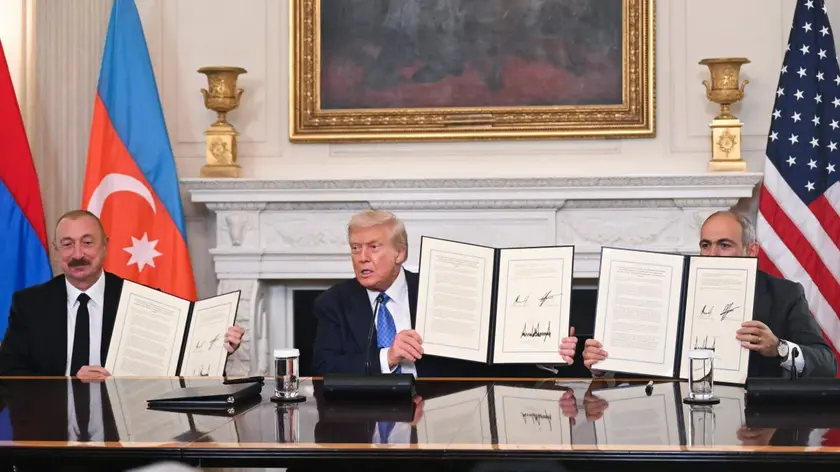
Armenia signals new chance for Türkiye ties
